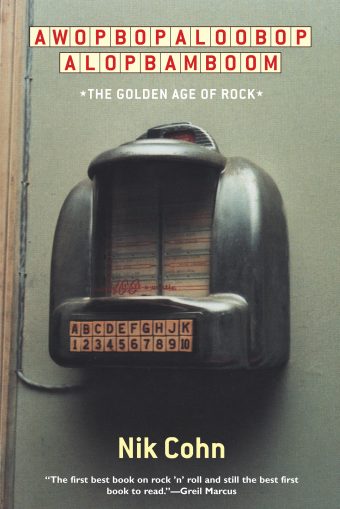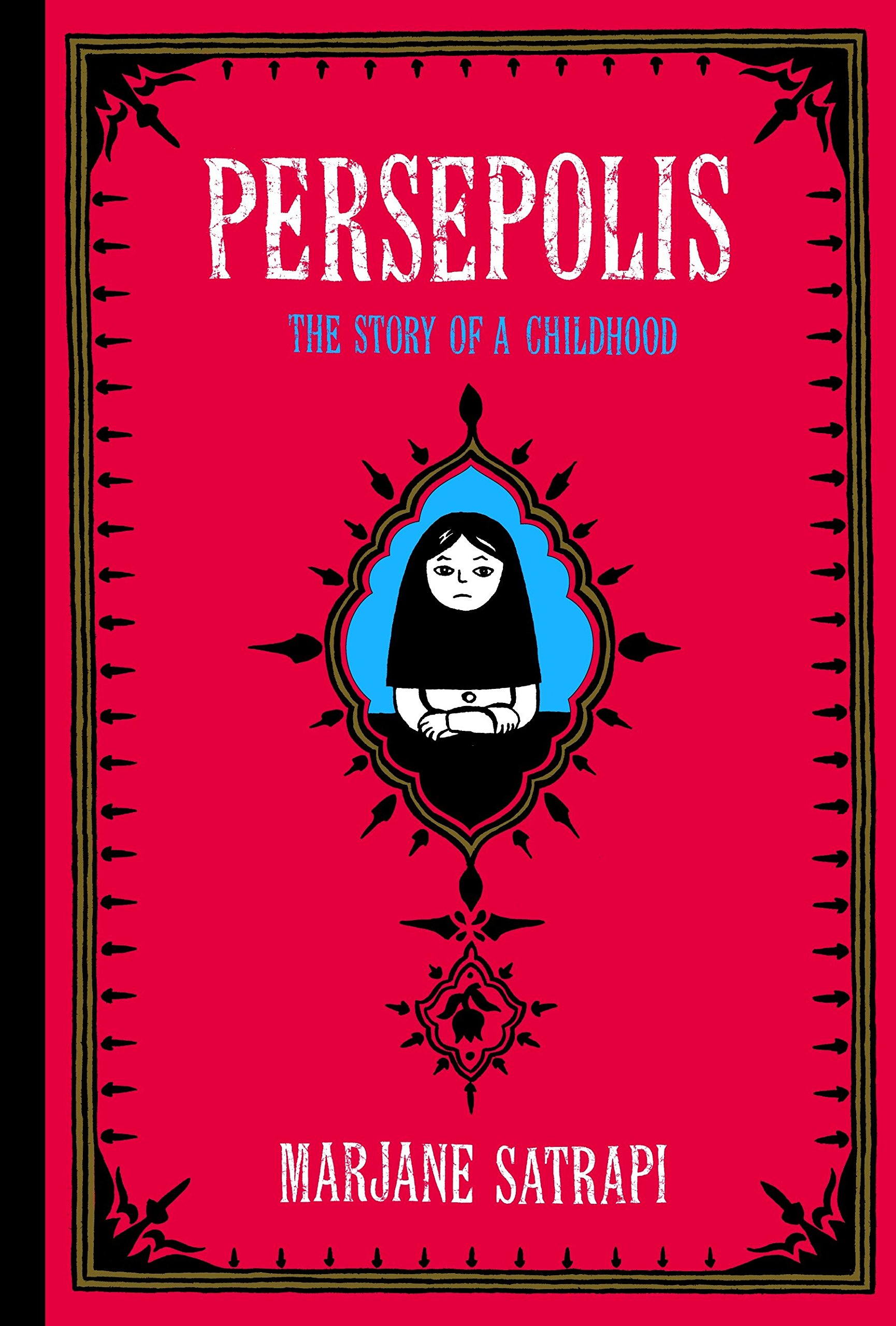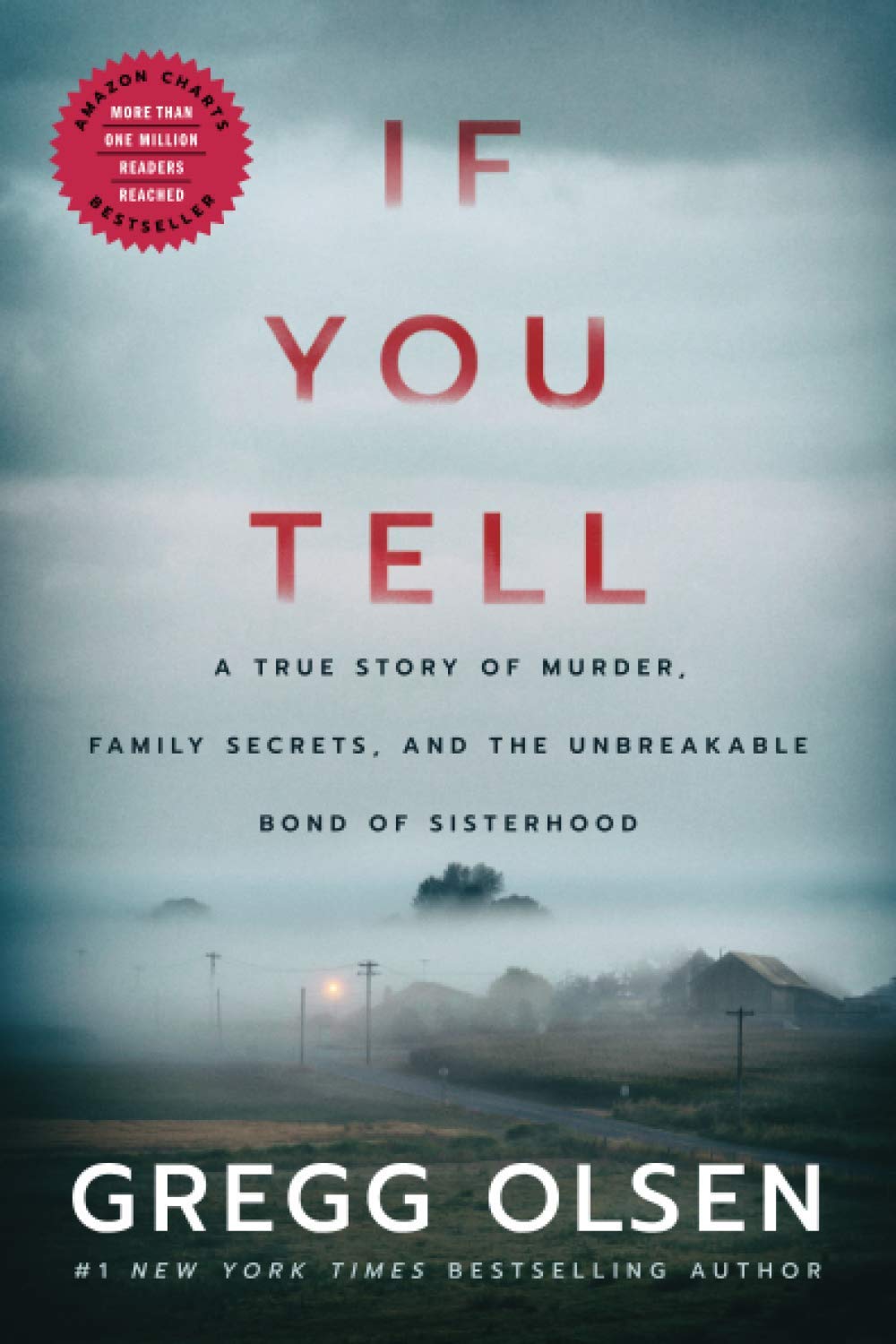
Austerlitz
W. G. Sebald
It seems to me then as if all the moments of our life occupy the same space, as if future events already existed and were only waiting for us to find our way to them at last, just as when we have accepted an invitation we duly arrive in a certain house at a given time.
We take almost all the decisive steps in our lives as a result of slight inner adjustments of which we are barely conscious.
Only in the books written in earlier times did she sometimes think she found some faint idea of what it might be like to be alive.
Austerlitz, the internationally acclaimed masterpiece by one of the most gripping writers imaginable (The New York Review of Books), is the story of a man’s search for the answer to his life’s central riddle. A small child when he comes to England on a Kindertransport in the summer of 1939, one Jacques Austerlitz is told nothing of his real family by the Welsh Methodist minister and his wife who raise him. When he is a much older man, the fleeting memories return to him, and obeying an instinct he only dimly understands, he follows their trail back to the world he left behind a half century before. There, faced with the void at the heart of twentieth-century Europe, he struggles to rescue his heritage from oblivion.
Advertisement
More Interesting Books

Atomic Habits: An Easy & Proven Way to Build Good Habits & Break Bad Ones

My Early Life

American Marxism

Harry Potter and the Deathly Hallows

The 5 Love Languages: The Secret to Love that Lasts
Advertisement














